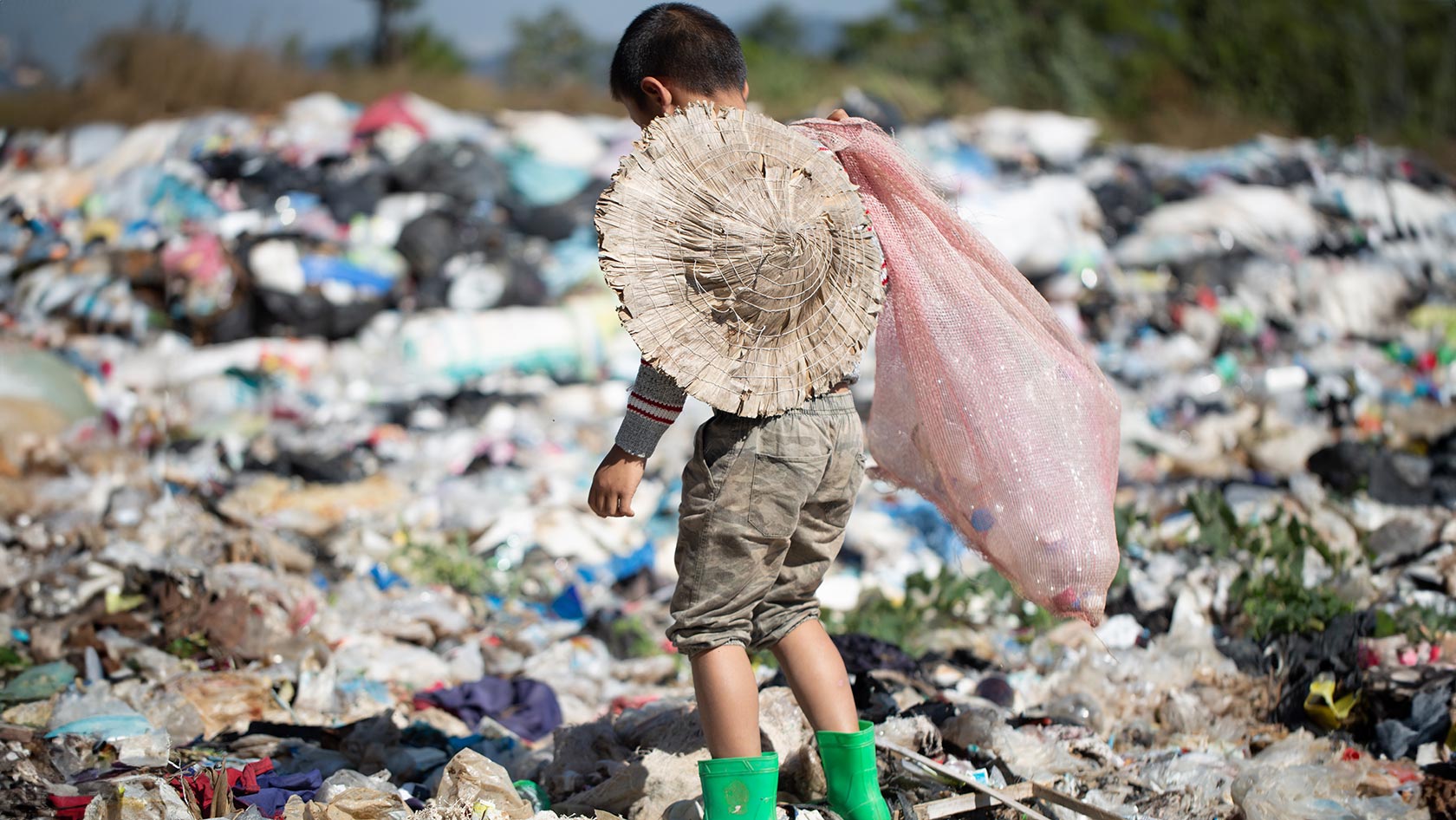Religion, Reproduction and Crises
The start of the Spring Semester on 19 February again heralds a new round of the popular Ringvorlesung lecture series at UZH. Aimed at members of the public interested in scientific and academic topics, the events shine a light on current research findings in areas of significance for society. Audiences are encouraged to reflect on and join in the debates.
Digital religions
In recent years, digital religious practices have increased considerably, sparking interest in the topic among researchers. In 2021, UZH established the Digital Religions Research Priority Program. Now, with this interdisciplinary lecture series, UZH researchers will give an insight into the innovative field and present initial research findings from various disciplines. The lectures cover topics such as digitalization of monasteries and convents, digital media use among young Christians, online pastoral care, and religious influencers, as well as looking at the related legal aspects.
Human reproduction
Medical progress and increasing use of technology raises new questions about the possibilities and limits of human reproduction. The public lecture series takes an interdisciplinary look at these questions, such as state intervention in reproductive matters, or differing definitions of the start of life. In addition, the lectures explore the effects of IVF, egg donation and surrogacy on our views about what is “natural”. The influence of religious groups on political and legal processes will also be examined.
Sustainability and inequality
The lecture series organized by the UZH Right Livelihood Center and the Sustainability team opens with a talk by a winner of the Alternative Nobel Prize. The series focuses on the practical application of knowledge outside traditional academic fields and promotes inter-, trans- and multidisciplinary thinking. With topics covering a variety of areas, including human rights and ecology, sustainability and inequalities can be explored from a variety of perspectives.
Crises and crisis management
A further Ringvorlesung series from the Zurich Center for the Study of the Ancient World explores moments of crisis in antiquity as well as in specific periods of modern history which shook the world order. The lectures will be held in German.


